Sailing with your Backside: the importance of sensitivity
by Pietro Fantoni My grandfather, who was a fighter pilot (back when the planes had a propeller and the pilots were like romantic knights with leather helmet and goggles, about the same time that Bill Crosby designed the Snipe) often said: "The planes are driven with the backside." The same can be said for dinghies in general, and the Snipe in particular. Electronic devices have become increasingly important when sailing big boats. Fortunately, in small boats, sensibility (otherwise known as “backside”) still matters a lot.
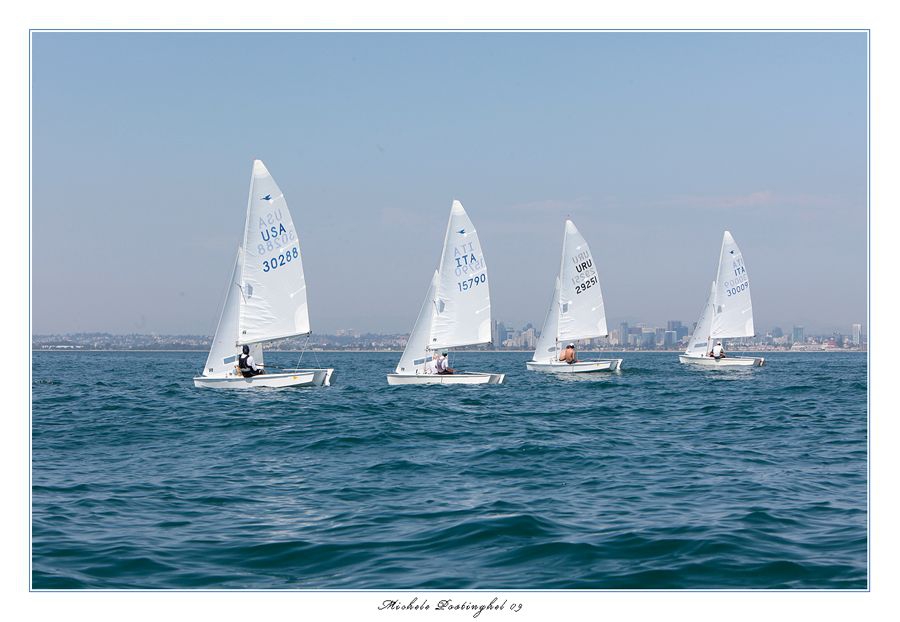

by Pietro Fantoni
My grandfather, who was a fighter pilot (back when the planes had a propeller and the pilots were like romantic knights with leather helmet and goggles, about the same time that Bill Crosby designed the Snipe) often said: “The planes are driven with the backside.”
The same can be said for dinghies in general, and the Snipe in particular. Electronic devices have become increasingly important when sailing big boats. Fortunately, in small boats, sensibility (otherwise known as “backside”) still matters a lot.
Above: my grandfather Bonifacio Rizzani (left) in Gorizia (2° Stormo Caccia).
Often a problem can teach us how important certain things are that we usually take for granted. Recently I got sick with labyrinthitis. It is nothing serious, just a small problem that, fortunately, albeit slowly, is disappearing. This is an inflammation of the inner ear structure called the labyrinth. The consequences, at the beginning, are that you cannot turn your head without vertigo; you can’t even stand and walk. For a sailor eager to start the season, this means… he cannot feel the boat.
It’s amazing how important balance, the perception of space, depth, horizontality and verticality, acceleration and slowing down all are to sailing a small boat.
Only four days after I got sick, I was feeling better, so I decided to sail my Snipe in Trieste for the Trofeo Rochelli. That decision was totally wrong! I was rather weak and could not feel the boat, so my speed was terrible. The wind was extremely light. The lack of sensibility on the boat did not allow me to feel anything: small gusts, heeling, boat acceleration or slow down. I was not receiving any of the information we usually absorb without thinking, so I couldn’t feel how much to push or pull on the tiller, or what tiny adjustments to make with body weight and sail trim. Oh yes! Sail trimming!? When I looked up at the mainsail, my head would spin.
After suffering for a whole beat, the race was canceled and I decided, under the worried frown of my crew Marinella, to return to shore.
Long ago Agostino Straulino, the most famous Italian sailor of all time, realized how important a sailor’s sensitivity is and how important it is to improve and train it. It is said that Agostino, winner of Olympic medals, Worlds, Europeans, as well as Nationals in the Star class, very often trained at night, in darkness, to improve his own sensitivity on the boat. At night the view is of course limited, so you need to sharpen the other senses.
Speaking of sight, I remember another “problem.” Shortly before the Europeans in Oslo, a contact lens caused me a corneal ulcer, forcing me to use glasses in the boat for a few weeks instead of contact lenses. (It seems I am becoming a wreck with all these “problems.”)
So what? Well, I am short-sighted and I am used to looking at the shape of a sail with contact lenses. With glasses (which I only use on land and not for sport), I was totally stunned. The sails seemed smaller and flatter, very far from the ideal form that I was used to. My visual memory told me something was wrong.
That is because with contact lenses we are overcorrected, so the depth and size of the objects located at a medium distance (not so far, not so close) seem different than they do through glasses.
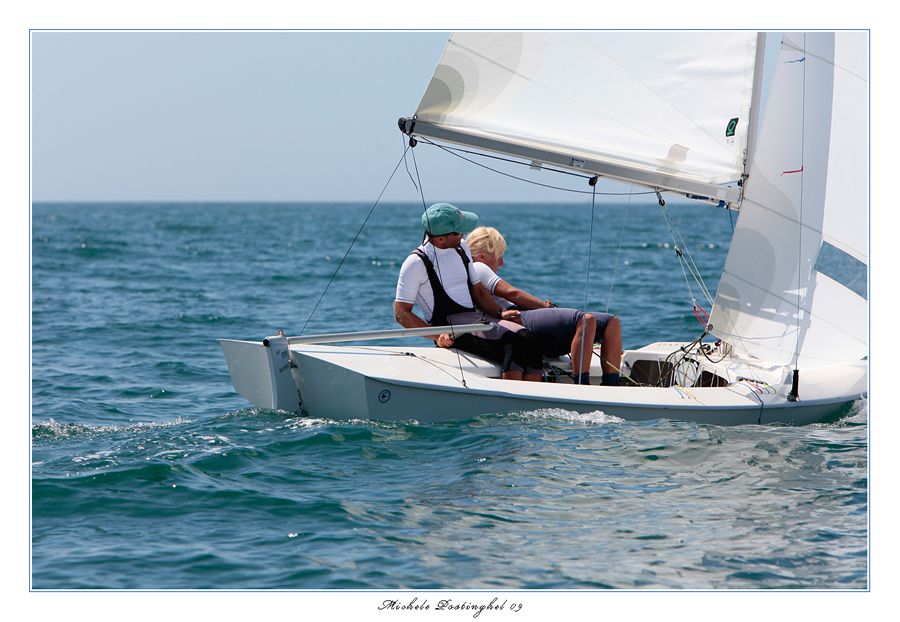
Also in this case, a decrease of the capacity of a sense (sight) made it very difficult to sail the boat at its best. And again a “problem” allowed me to realize how important all our senses are to sailing well.
We must not forget that sensitivity (the ability to feel the boat) comes before everything else. Boat, equipment, sails are certainly important. But if we don’t train our senses, they are useless. It would not be possible to feel and transform into speed all the input we receive from the outside without our “backsides.”
The winner on a small boat like the Snipe is the one who has trained his sensitivity the most on the boat. If my grandfather, a fighter pilot, had been a Snipe sailor, he would have said that you drive the Snipe with the backside. And he would have been right.
Comments for this post are closed

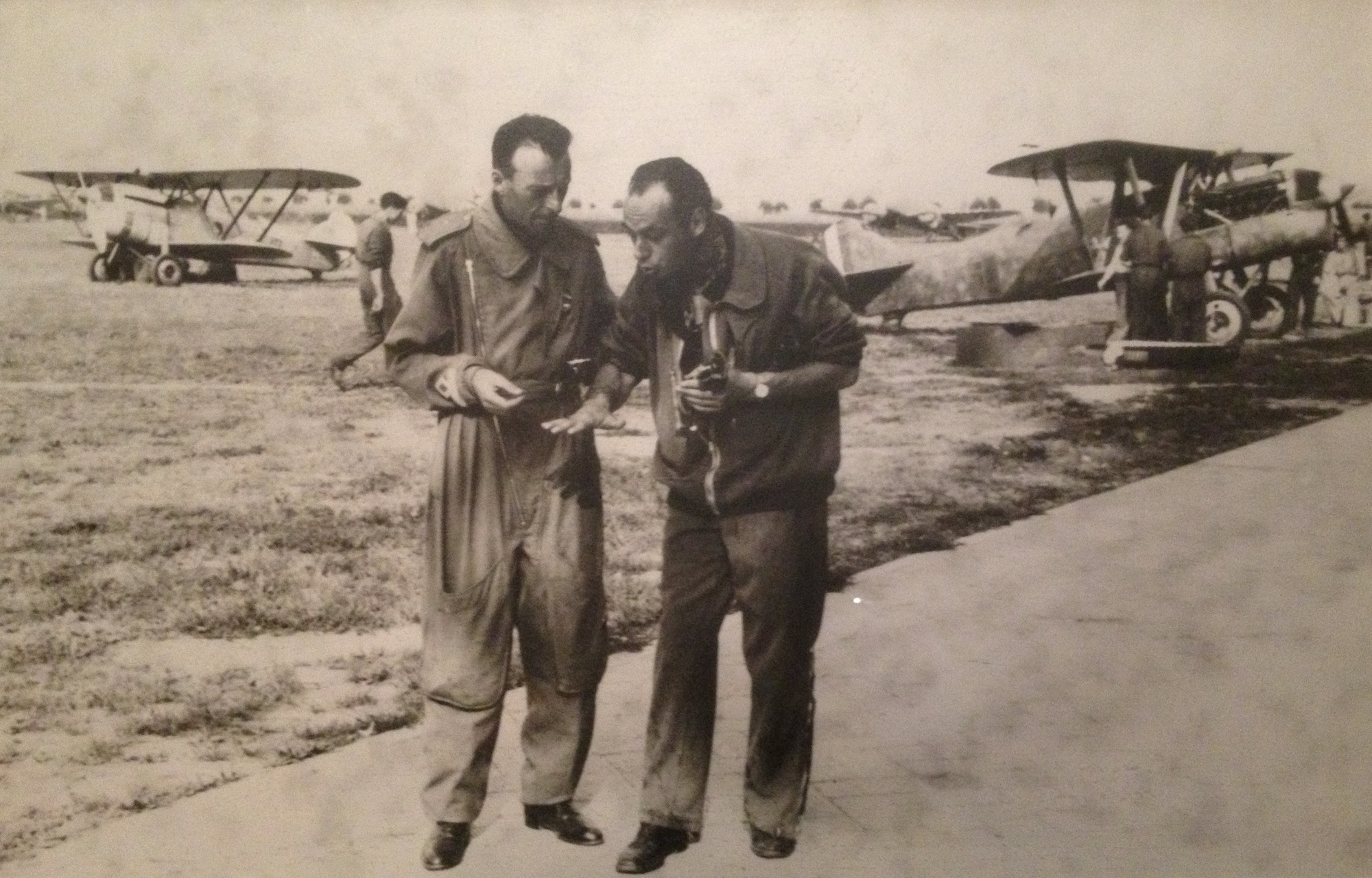
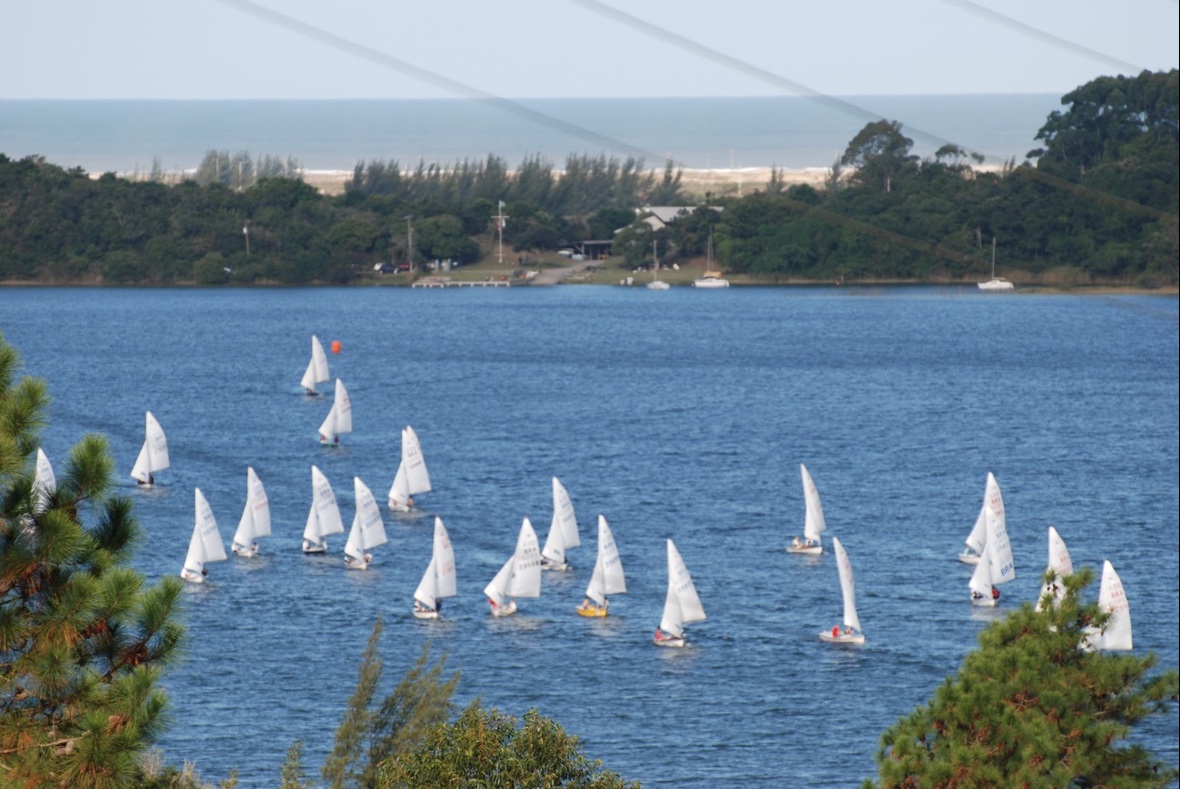
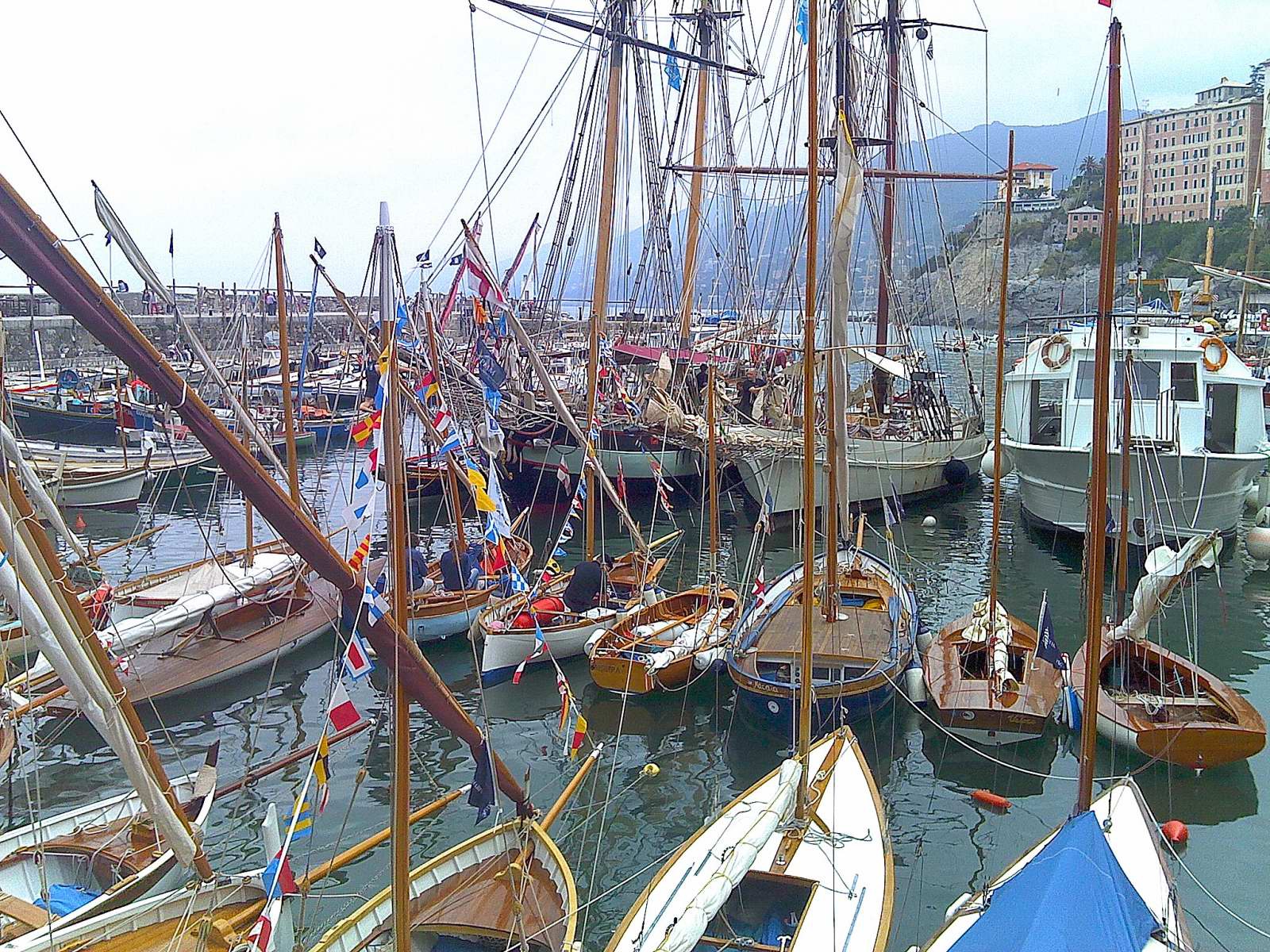
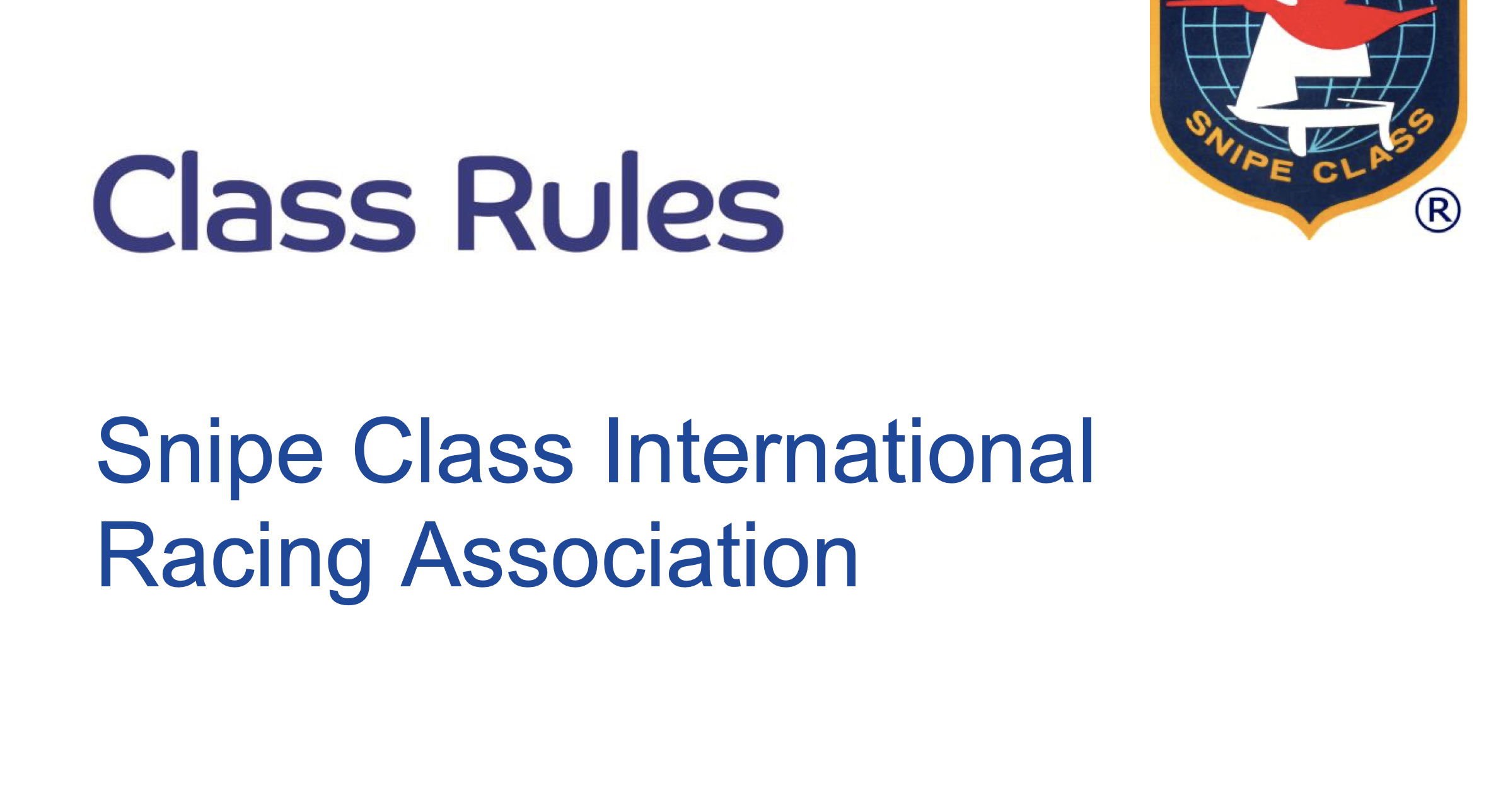
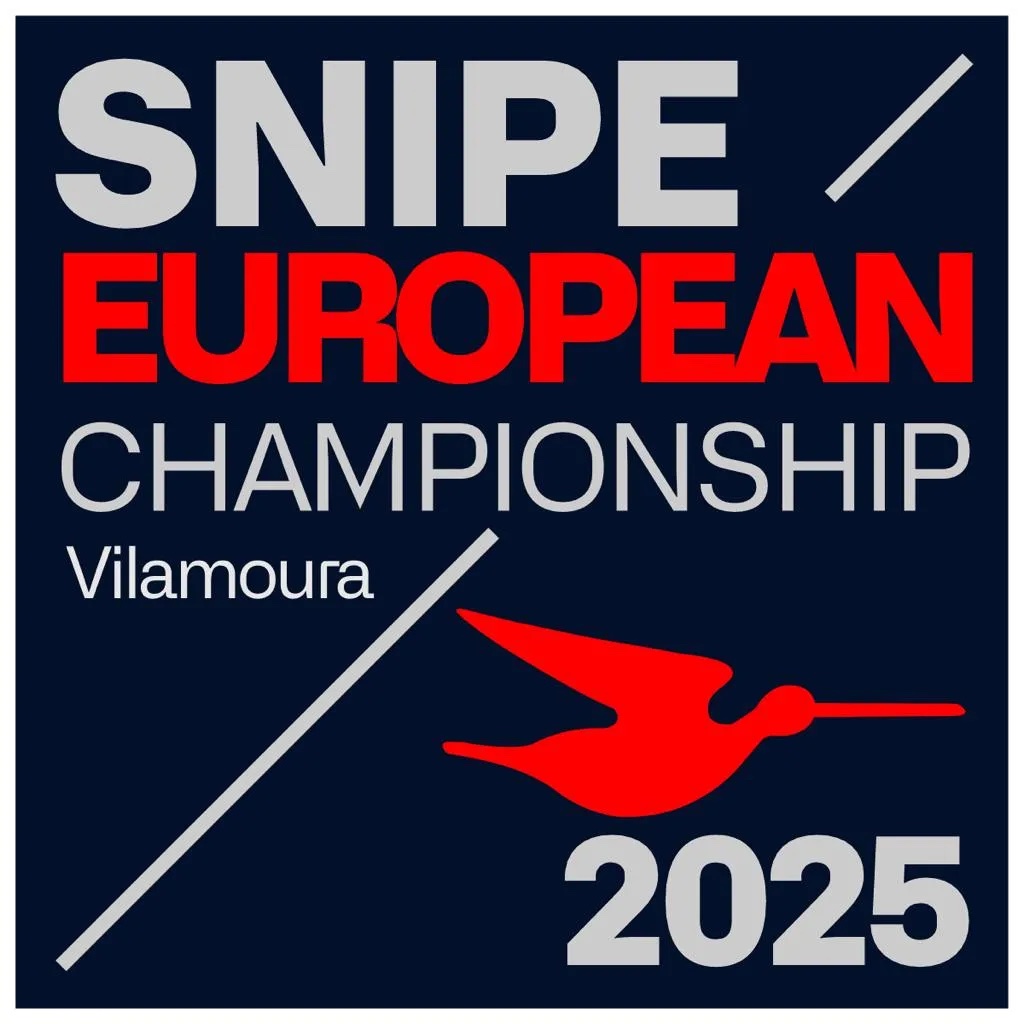
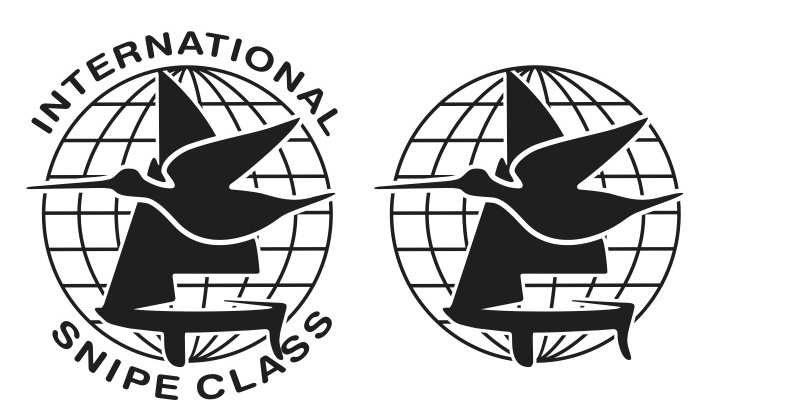

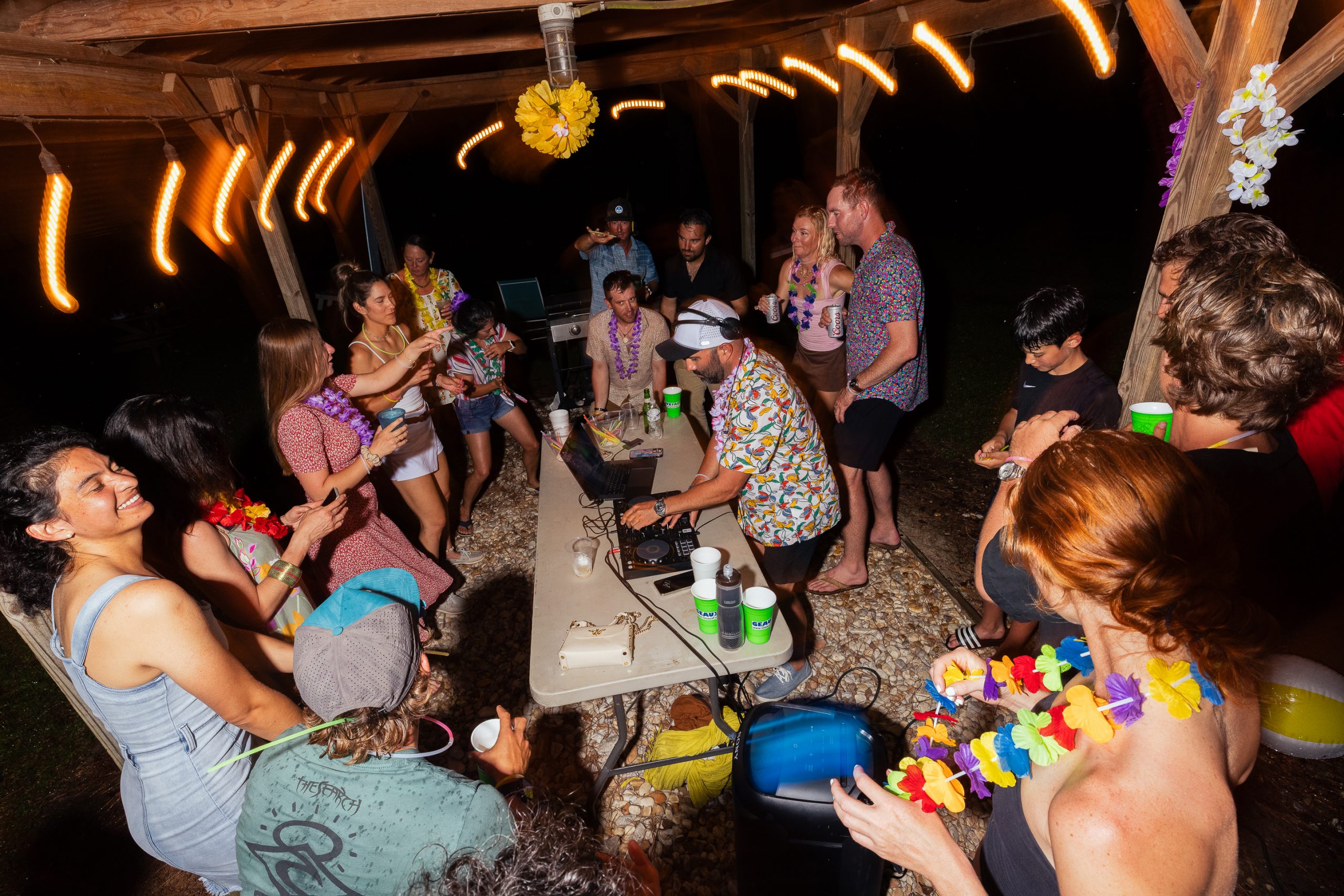
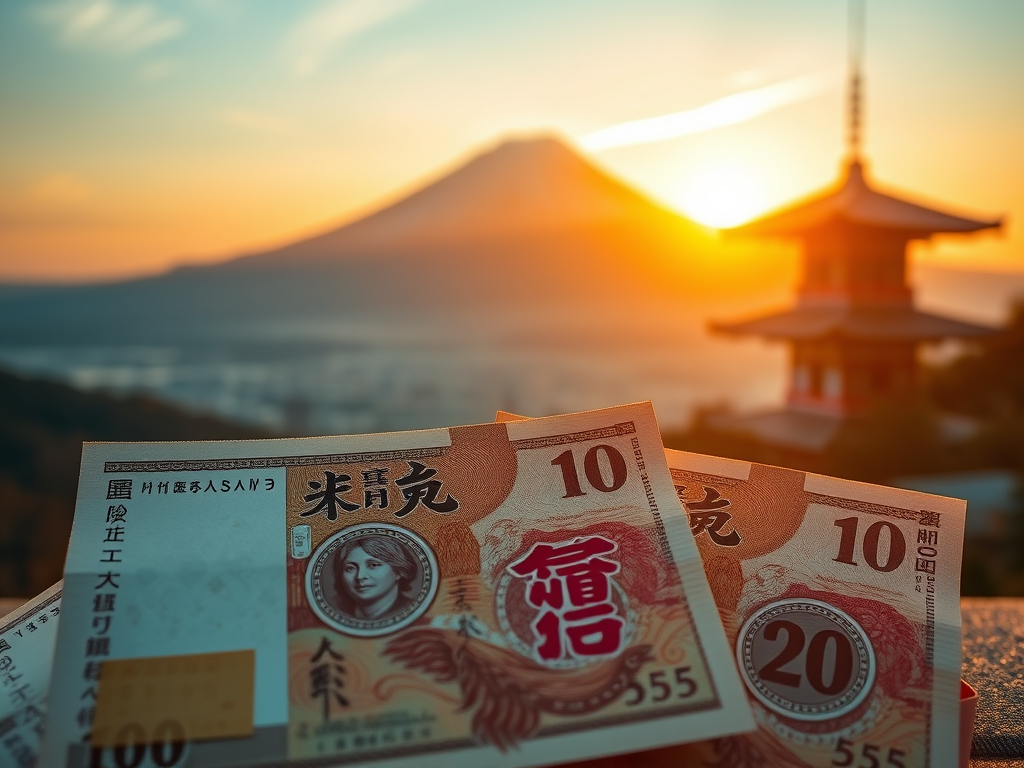
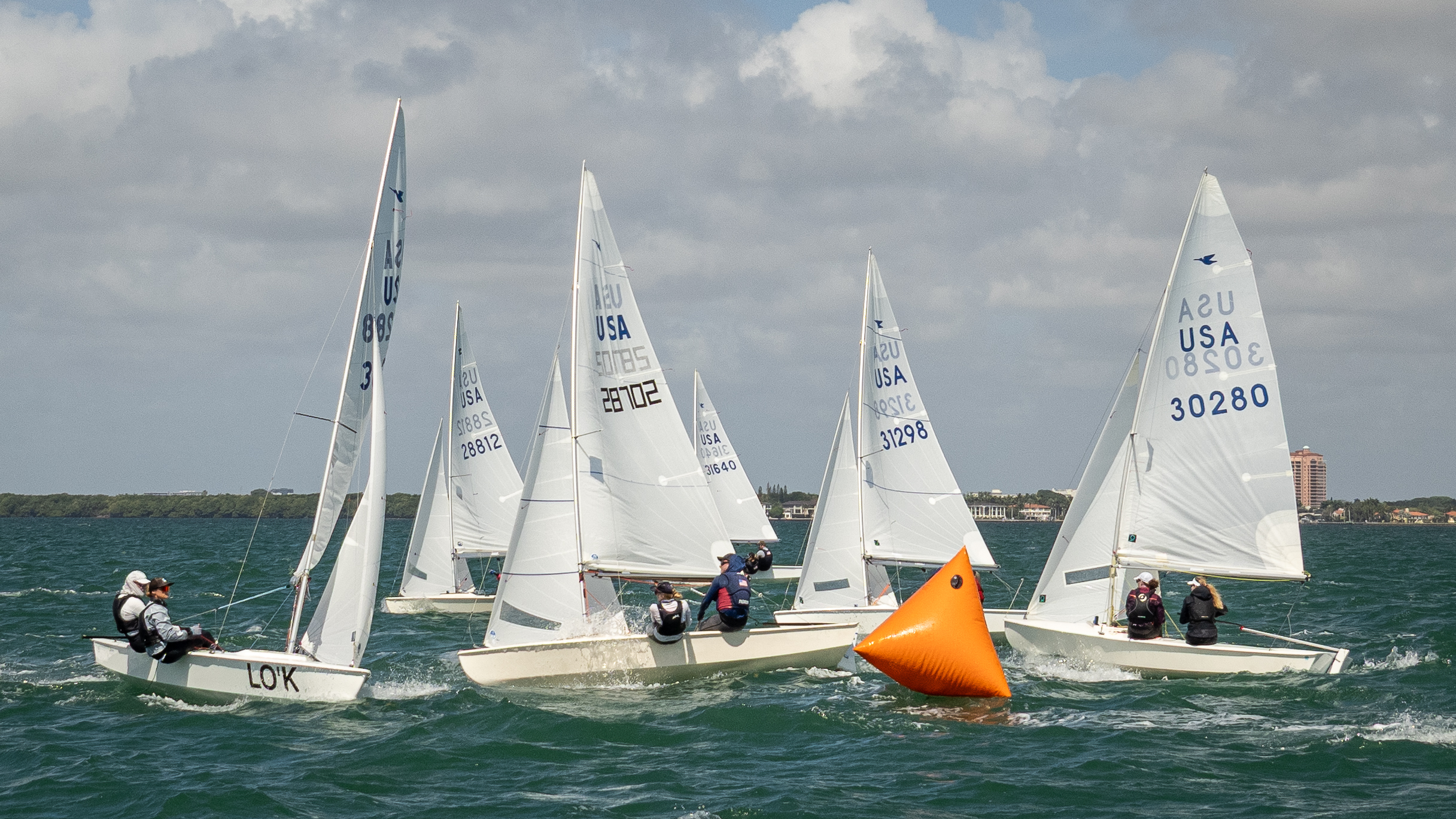
1 comment
Gregory Saldana
i love this article for its references to the snipe, history and feeling of the boat. old man diaz told me many years ago to feel the boat and don't think about it too much. i am not the caliber of sailor of the author nor old man but when i get in my boat (la machina) i sail better when i feel the boat versus a mental driving of the helm. thanks pietro for this insightful article. if there is any "moral to the story" it is to stay healthy !!!
Leave a reply
Your email address will not be published. Your comment will be revised by the site if needed.